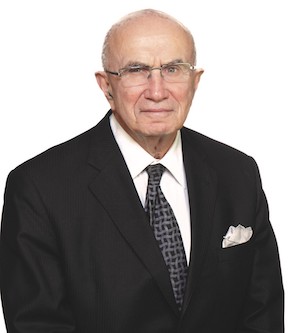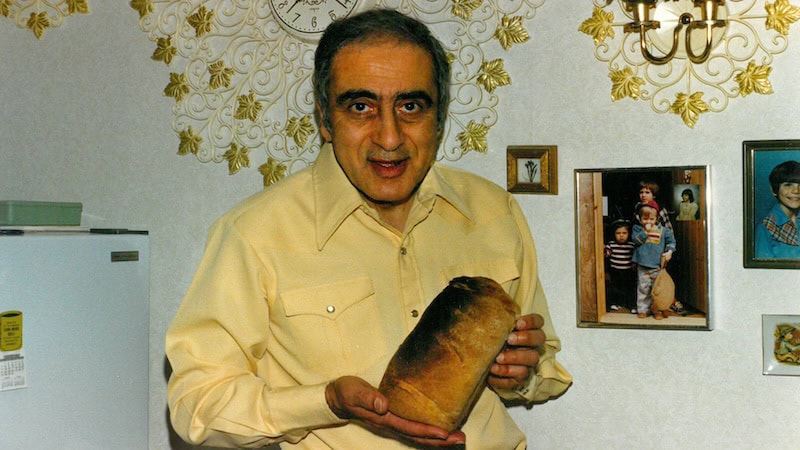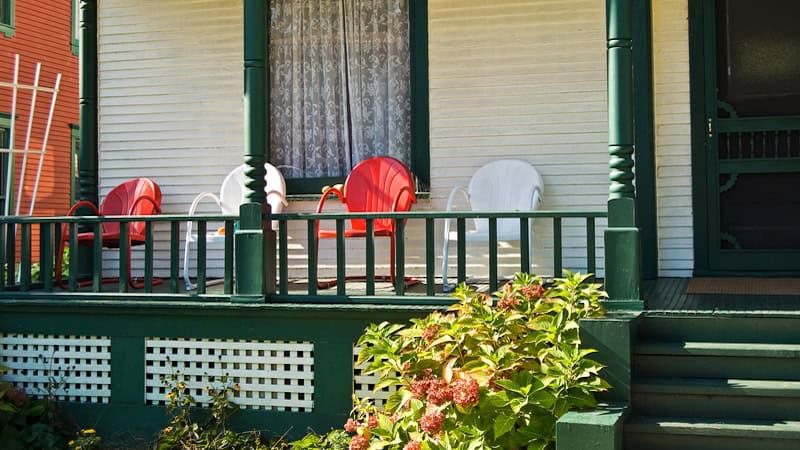Practicing Law in His 80s
An alternative to retirement

Earl A. Cherniak has been a practicing litigator in Canada since 1960, and he’s still going strong. Now in his 80s, he shares his story of what retirement – or of his alternative to retirement – with Boomer readers.
I was called to the bar of Ontario in 1960. By the time you read this, I will have been a practising litigator for more than 62 years. I have been a member of firms that ranged in size from 5 to 140 lawyers, though in my case it has all been the same firm: Lerners.
Though a partner in the firm for most of those years, and very much involved in its growth and development, I ceased being a voting partner 21 years ago. When I reached 65, I thought I should use my talents to best advantage. I was much more suited to being a litigator and an arbitrator than I was to firm management, though I did and continue to give advice when it is asked for, and occasionally when it is not.
While Lerners does have a retirement policy, it does have flexibility. In my case, we entered into a series of one-year renewable income partner contracts, continued to this day. My partners know, as I have told them only half in jest, they only have to give me 20 minutes notice and I will be gone. It is unlikely to be necessary, as I think I will know when it is time to call it a day, and if I don’t, my wife, Claude, my two sons, and my daughter will let me know that I have lost it. Happily, that day has not yet arrived.
Changes in Cherniak’s alternative to retirement
For most of the years after I became an income partner, nothing changed. New retainers came in, I staffed them within the firm or worked with other firms that retain me as counsel for trials, applications or appeals, and I had my share of arbitration appointments. I remained busy and productive. But I did not have to go to partnership meetings and I did not.
In the recent past the nature of what I do changed. As a good friend and even older colleague of mine told me when we had lunch recently, “growing old is desirable but it is not for everyone”. That is certainly true in my case. Aging has its challenges.
Though I still practise law on a daily, full-time basis, what I do in that practice is quite different than what I did for the bulk of my career as counsel.
The perks of this alternative
I like the benefits and freedom that remaining in practice has afforded me, the availability of interesting and challenging legal problems, working with the very talented young people in my firm, including what I refer to as the 40-, 50- and 60-year-old “kids” that are my partners and colleagues and in many cases close friends, without the prime responsibility for the files I work on.
Luckily for me, I continue to retain the mental faculties necessary to practise. My wife, Claude, and I live in central Toronto and have had a place on Lake Huron for 35 years at which we spend a lot of time. Even before Covid, I found it very convenient to work remotely. Each of my residences have well equipped studies that allow me to do that.
Reflections on decisions over the years
People sometimes ask me why I never went to the bench. I had two answers. The first one I gave at an awards dinner in a speech some years ago, quoting a senior U.S. counsel who, when asked that question, answered, “I would rather talk to fools than be one”. That got a laugh, even from the judges in the audience.
The second answer was based on a remark John Robinette made to my good friend Peter Atkinson, “Being respected counsel is a sufficient calling”. That resonated with me. I never felt a call to go the bench, and when I was at the stage in my practice that it would have been reasonable to consider, I was getting interesting and challenging retainers and saw no reason to change what I was doing for a job I wasn’t sure that I would like. I never regretted my decision to remain in practice.
People sometimes ask me if I ever intend to retire. My facile answer to that question is that I don’t understand it because the word is not in my vocabulary. When people talk to me about their retirement, I invariably ask them if they know the answer to the question that they must ask themselves: “Retire and do what?” If you don’t have a good answer and don’t need to retire, in my view, don’t.
What I do now is both interesting and fulfilling. I make it clear to my partners in all cases that I work with them that when it comes time to bill the files they can adjust my portion of the ultimate fee to what the client or the case can bear. If that figure is zero, that will also be fine with me. I decided many years ago that I would limit my practice to interesting cases, and if they paid, so much the better.
A not insignificant bonus to the arrangement that I have with my firm is the availability to me of the firm medical insurance plan. Anyone who has travelled to the United States or abroad, and experienced the cost of medical and hospital treatment if required (as I have on one occasion), knows how important good insurance coverage is.
Until recently, Claude and I travelled regularly and spent six weeks or so in March and April in Palm Springs, California, where I could also work remotely as needed. While there has been no travel since Covid, we have plans to resume our usual travels in the coming months.
The future of Cherniak’s alternative to retirement
How long will I continue to do this? Who knows? I will do it as long as I can, as long as the firm wants me and I feel that I am making a contribution. I have no desire to retire in the usual sense and I am not sure how I would fill my days if I did not do what I am doing now. Claude and I have been married for more than 42 years, and while we enjoy each other’s company, we have had more of it than we bargained for in the last two years. I have four grandchildren, but they are young adults with their own lives. In the case of three of them, they are practising lawyers. No great grandchildren yet, but we do live in hope.
I realise that the path that I have chosen is not for everyone and it may not even be open to many. So I feel fortunate that a combination of good genes, good fortune, some good management and partners that seem to like having me around has made it possible for me. I consider myself a very lucky guy.
 Earl Cherniak is one of Canada’s most renowned leading trial and appellate counsel, and is recognized as a leader in Alternative Dispute Resolution. In his 60+ years of practice, he has made an immense contribution to the legal profession and the administration of justice in Canada, where he has acted on some of the country’s most important cases, and he shows no signs of stopping.
Earl Cherniak is one of Canada’s most renowned leading trial and appellate counsel, and is recognized as a leader in Alternative Dispute Resolution. In his 60+ years of practice, he has made an immense contribution to the legal profession and the administration of justice in Canada, where he has acted on some of the country’s most important cases, and he shows no signs of stopping.
Read more contributions from Boomer readers in our From the Reader department.
Do you have childhood memories or other stories you would like to share with our baby boomer audience? View our writers’ guidelines and e-mail our editor at Annie@BoomerMagazine.com with the subject line “‘From Our Readers’ inquiry.”



